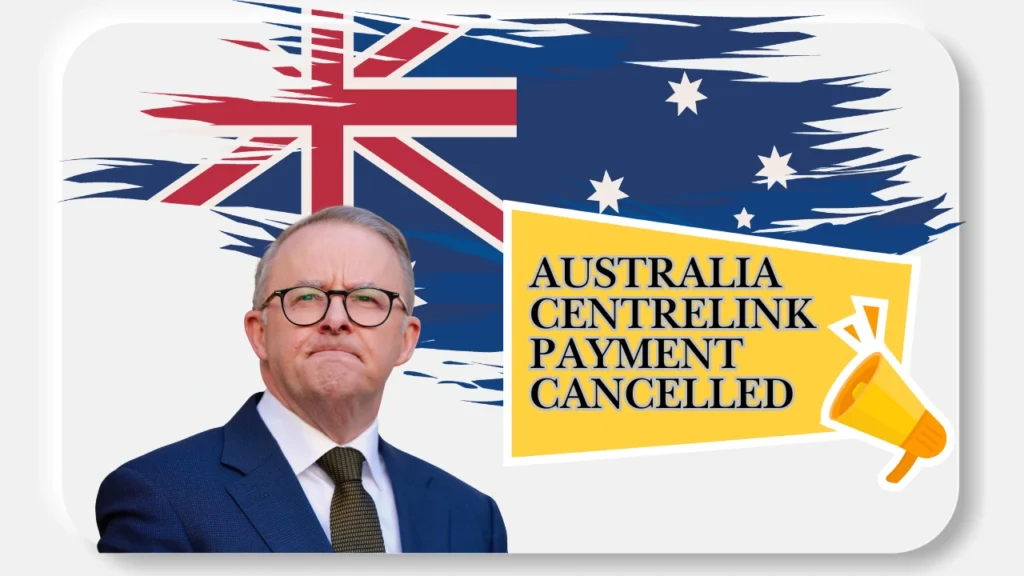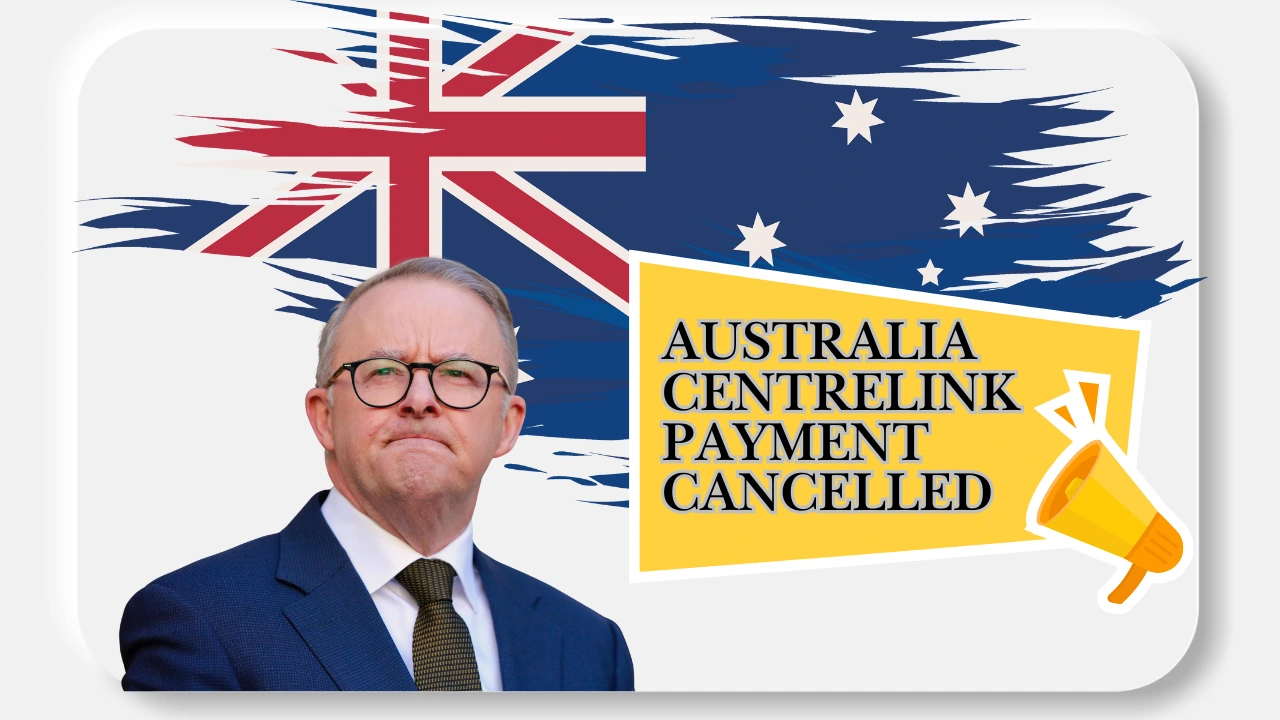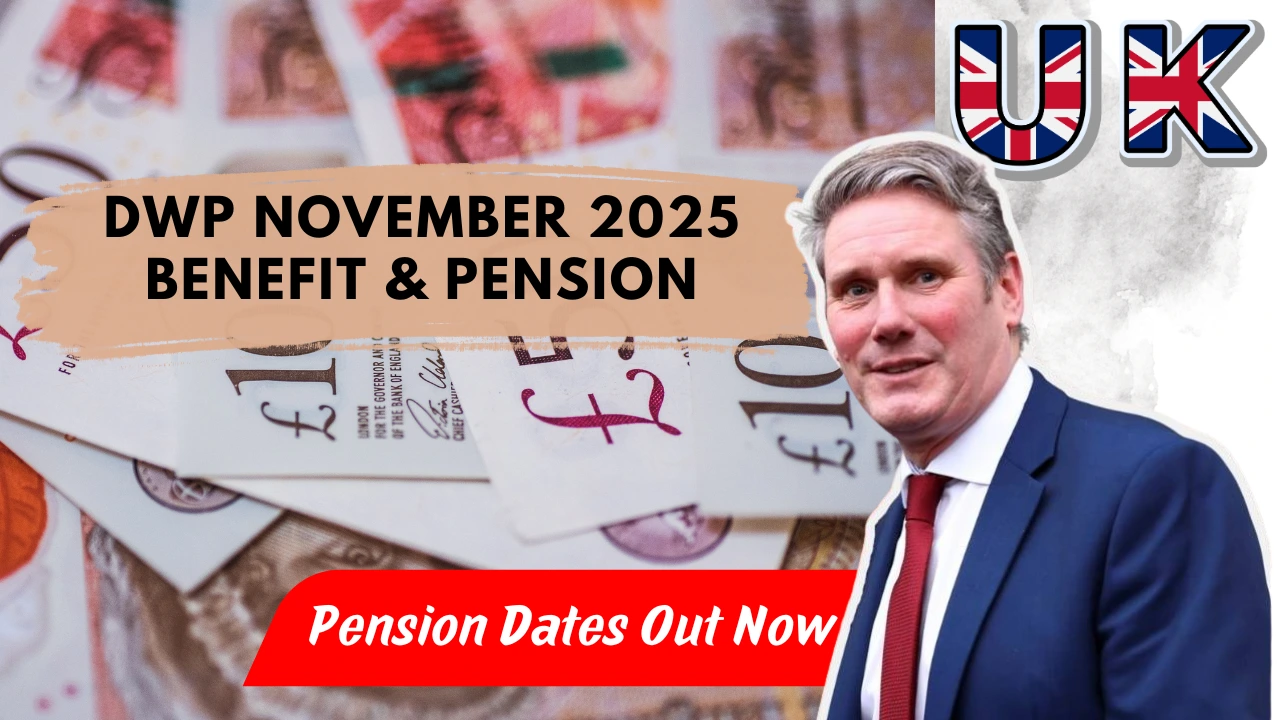Australia Centrelink Payment Cancelled:In recent years, a significant issue has emerged within Australia’s welfare system unlawful cancellations of Centrelink payments. Between 2020 and 2024, approximately 310,000 Australians experienced the abrupt cessation of their payments due to flaws in the automated mutual obligations system. This article delves into the causes, affected demographics, and the steps being taken to address this crisis.
Australia Centrelink Payment Cancelled-Overview
| Article on | Australia Centrelink Payment Cancelled: Who Is Affected & What Happens Next |
| Reason for Cancellation | Non-compliance with mutual obligations, system errors, or IT glitches. |
| Who is Affected | JobSeekers, Youth Allowance recipients, single parents, and people with disabilities. |
| Immediate Consequences | Financial hardship, emotional distress, housing insecurity, and health impacts. |
| Government Response | System paused, reassessments ongoing, and potential compensation for affected individuals. |
| Prevention Measures | System overhaul, human oversight, legislative reforms, and increased transparency. |
Understanding Centrelink and Mutual Obligations
Centrelink, a division of Services Australia, administers various government payments to eligible individuals, including JobSeeker, Youth Allowance, Parenting Payment, and Disability Support Pension. To receive these payments, recipients must adhere to mutual obligations requirements such as attending job interviews, participating in training, or applying for a certain number of jobs weekly. Failure to meet these obligations can result in penalties, including payment suspensions or cancellations.

The Flaw in the System: Automated Cancellations
The issue stems from the Targeted Compliance Framework (TCF), an automated system designed to monitor and enforce mutual obligations. Between 2020 and 2024, this system erroneously flagged recipients for non-compliance, leading to unlawful cancellations. Notably, payments were often halted before the legally mandated 28-day waiting period had elapsed, and without proper human oversight.
Who Was Affected?
The unlawful cancellations impacted a broad spectrum of the Australian population:
- JobSeekers: Individuals actively seeking employment.
- Youth Allowance Recipients: Young people pursuing education or training.
- Parents: Single parents or those with dependent children.
- People with Disabilities: Individuals receiving Disability Support Pension.
Immediate Consequences
The immediate effects of these unlawful cancellations were profound:
- Financial Hardship: Loss of income led to difficulties in covering essential expenses.
- Emotional Distress: Recipients reported increased anxiety and stress due to uncertainty about their financial future.
- Housing Insecurity: Some individuals faced eviction or were forced to move in with family or friends.
- Health Impacts: The stress associated with payment cancellations exacerbated existing health conditions for some recipients.
“No one should face financial hardship due to a system error—welfare exists to support the vulnerable, not punish them.”
Government Response and Compensation
In response to the crisis, the Department of Employment and Workplace Relations (DEWR) paused the mutual obligations system to investigate the underlying issues. Affected individuals were contacted via text messages or through their myGov accounts and were advised to provide information about their circumstances at the time of the cancellation.
Legal and Advocacy Actions
Legal advocacy groups have been instrumental in highlighting the systemic flaws and advocating for affected individuals:
- Economic Justice Australia (EJA): Conducted analyses revealing the scale of unlawful cancellations and called for immediate reforms.
- Australian Council of Social Service (ACOSS): Urged for a suspension of the mutual obligations system and an independent review of its legality and human rights impacts.
Steps to Take if Payments Are Cancelled
Individuals whose payments have been unlawfully cancelled should:
- Contact Centrelink: Reach out to Services Australia to report the issue and seek clarification.
- Provide Documentation: Submit any relevant documents, such as medical certificates or proof of compliance with mutual obligations.
- Seek Legal Advice: Consult with legal aid services or advocacy groups for guidance on potential compensation and appeals processes.
- Monitor Communications: Regularly check myGov accounts and mobile messages for updates from DEWR.
Preventing Future Issues
To prevent similar issues in the future, several measures are being considered:
- System Overhaul: Revamping the automated mutual obligations system to ensure accuracy and fairness.
- Human Oversight: Implementing stronger human oversight to review and verify automated decisions.
- Legislative Reforms: Amending laws to provide clearer guidelines and protections for welfare recipients.
- Transparency: Enhancing transparency in decision-making processes to build public trust.
Final Thoughts
The unlawful cancellation of Centrelink payments has highlighted significant flaws within Australia’s welfare system. While steps are being taken to address these issues, the experience underscores the need for a welfare system that is both fair and compassionate. It is imperative that the government continues to work towards reforms that protect the most vulnerable members of society, ensuring that they receive the support they are entitled to without unnecessary hardship.
FAQs for Australia Centrelink Payment Cancelled
Who is affected by payment cancellations?
JobSeekers, Youth Allowance recipients, single parents, and people with disabilities are the most affected.
What should I do if my payment is cancelled?
Contact Centrelink, provide supporting documents, monitor your myGov account, and consider seeking legal or advocacy assistance.
Am I entitled to compensation?
Yes, if your payment was unlawfully cancelled, you may be eligible for reassessment and compensation.
How is the government preventing future cancellations?
Reforms include system improvements, stronger human oversight, legislative updates, and greater transparency.
Where can I get help?
Legal and advocacy organizations like Economic Justice Australia (EJA) and ACOSS can provide guidance.






